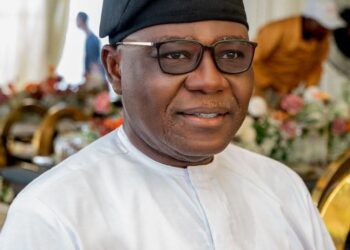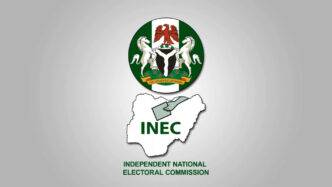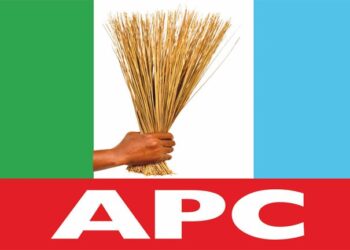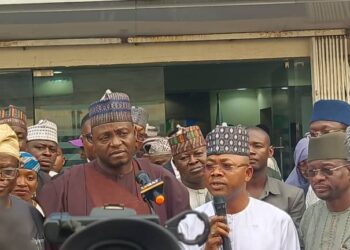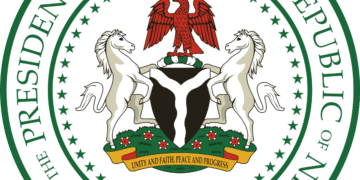The Independent National Electoral Commission (INEC) says it applied the “margin of lead principle” in announcing the winner of the November 11 governorship election in Kogi state.
INEC said that the supplement election earlier scheduled for November 18 would not hold as announced.
Head of Voter Education and Publicity, Kogi INEC office, Mr Haliru Sule made the disclosure in an interview in Lokoja.
Sule explained that the commission had received various complaints during the Saturday’s election, it investigated them and announced re-run in Ogori-Magongo and some Local Government Areas.
“But when we looked at all that is in contention, we discovered that we have no option than to apply the margin of lead principle.
“The principle says, if the number of PVCs collected in polling units, where election didn’t hold or were cancelled, are not in excess to the difference between the winner and the loser, then the commission can go ahead and make it’s declaration.
“It’s true we did announce after our findings that there will be supplementary election in those areas in contention, but after due consideration to the difference, we applied the margin of lead principle.
“It was when we applied the margin of lead principle that we announced the result on Sunday, Nov.12, and declared the winner of the governorship election in Kogi, in the person of Alhaji Usman Ododo of the All Progressives Congress, APC.
“As it is now, there’s not going to be any supplementary or re-run in any polling unit in Kogi.
“By this, the governorship election in Kogi is concluded. What is left is the date for the issuance of certificate of return to the winner of that election,” he said.
According to him, INEC is so grateful to all the stakeholders involved in the conduct of the governorship election in Kogi.
“We hope to continue to get this kind of cooperation and support from all of them, particularly the politicians and the electorate, in subsequent elections in the state,” he said.
INEC had declared APC candidate, Usman Ododo, winner with 446,237 votes, while his closest rival, Murtala Ajaka of the Social Democratic Party, garnered 259,052, and Dino Melaye of the Peoples Democratic Party polled 46,362 votes. (NAN/vitalnewsngr.com)






